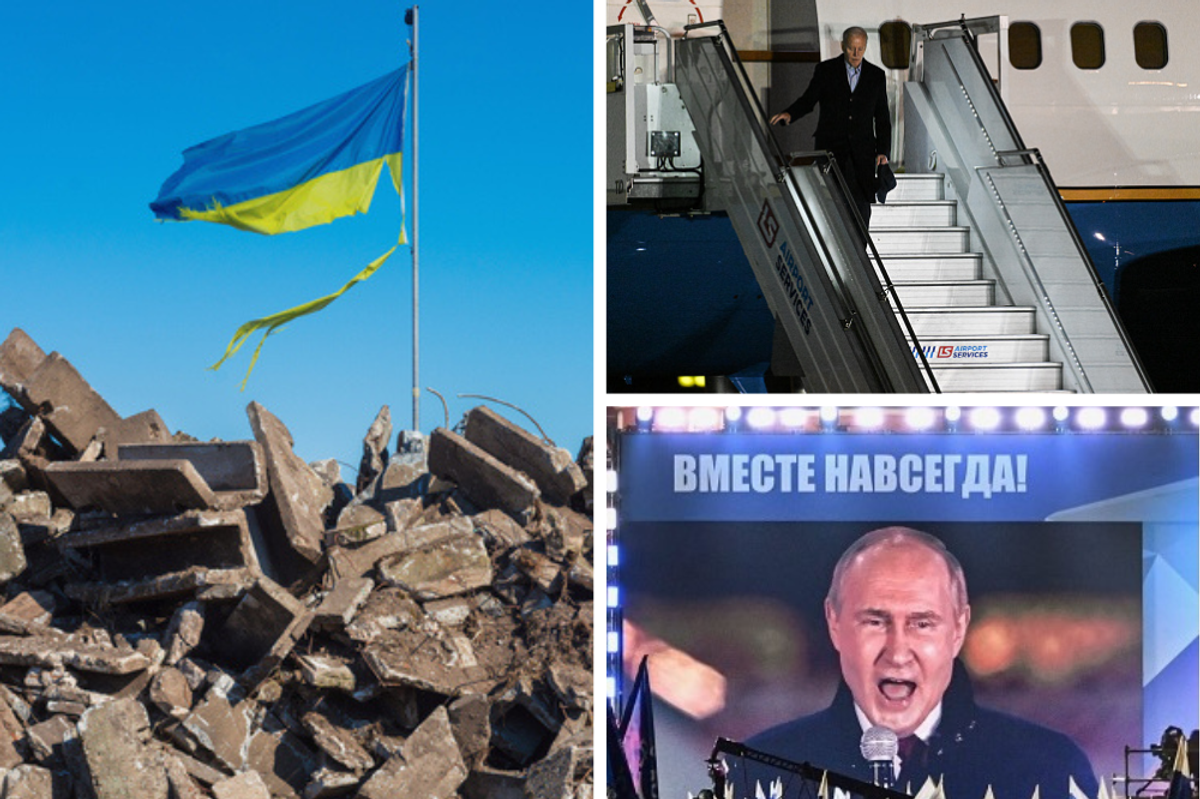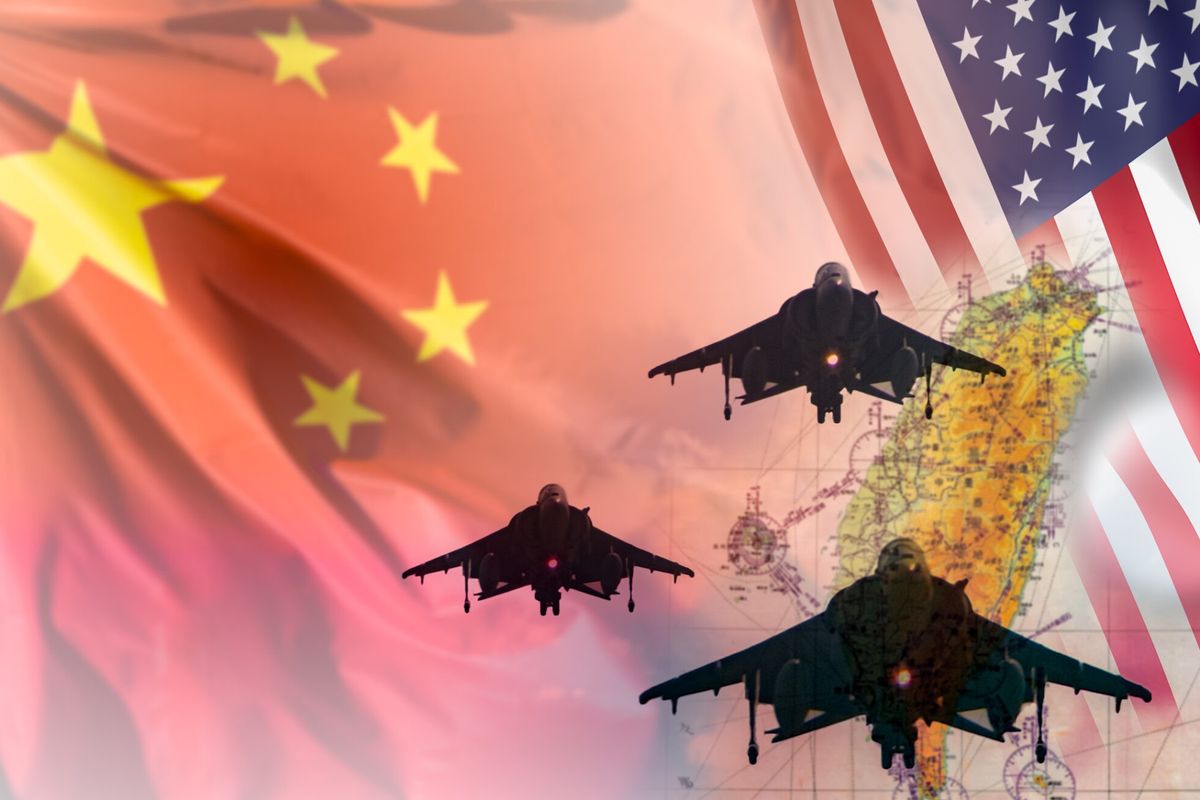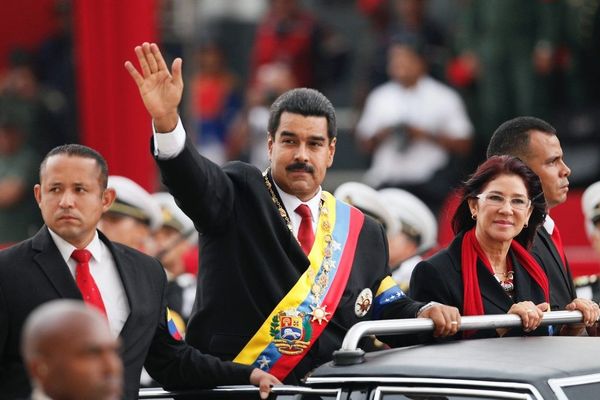On September 11, 2001, I was a newly-appointed SEAL platoon commander. My platoon was on an urban warfare training trip in the south east United States when we received word that a plane had struck one of the twin towers. We were literally reloading weapons, when one of our platoon-mates turned on a television just as the second tower was struck. Stunned, we knew our lives as SEAL operators had just changed, but we had no idea the extent to which that was true. In the decade ahead, everything about our force would transform.
Physically, we were runners, swimmers, and weight lifters, training ourselves to carry large loads through heavy-terrain for extended periods. Neither our gear, nor our physiques, nor our tactics were designed to move with fluidity. On the news that day, we’d seen the future.
If the last 14 years have shown us anything, it’s that the Special Operations Forces (SOF) community is highly adaptable, as long as it retains the appropriate level of autonomy to change as quickly as the problems it is trying to address.
Consider these key global trends that will push the evolution of SOF in the coming years:
Continued exponential growth of technology
This will specifically impact unmanned assets – both on the ground and in the air. These assets will shrink, costs will drop, and non-standard actors will find creative ways to leverage this technology and equalize today’s advantages. SOF will need to continue advancing in order to maintain 3-dimensional dominance of the tactical environment.
That means we’re likely to see a future SOF operator who, through the platforms at his or her disposal, is fully integrated into the surrounding environment. Each team member is likely to have multiple, highly miniaturized remote vehicles under their control. These inter-connected assets will operate as an informed swarm versus individual sensors requiring direct control.
Changes in communication and cyber capabilities
Advances in highly-dependable wireless coverage around the globe (specifically penetrating high-threat regions), coupled with the lower price point and ever-increasing proliferation of smart phones and similar devices, means that the interconnectedness that Al Qaeda first leveraged so effectively in Iraq will continue to expand in complexity. Hostile, non-state networks will connect and grow at ever-increasing rates.
As technology plays an ever more important role on the battlefield, cyber threats will reach a new height, with hostile actors working aggressively to develop capabilities to hack and disrupt the technology supporting everything from the global force to the individual operator.
Ever-increasing rates of information sharing across the SOF network will be critical. The development of large elements within the SOF community specifically responsible for advancing the ability to maintain superiority in communication connectivity will be likely.
Continuing to develop partnerships with the civilian technology sector will be critical and will likely expand into an international collaborative, as the world continues to understand that communication and cyber threats do not impact any one group in a vacuum.
Increasing amounts of hybrid warfare
The world will see more, not less, activities like what we’ve witnessed with Russia’s advances into the Ukraine. In these events, we witnessed a type of warfare that didn’t look familiar enough for the world to react effectively. Russian leadership effectively confused the situation by using non-state actors, cyber attacks, media-manipulation, and low visibility special operations forces to add an entirely new meaning to Clausewitz’s “fog of war.”
SOF missions of the future will still involve operators jumping out of an aircraft under the cover of darkness to strike a target. But in more and more cases, operations like this will be the exclamation point at the end of a complex paragraph – rather that the opening sentence. The complexity of these hybrid-war models will push Special Operations further toward a team-of-teams model, with ever-deepening interagency and global partnerships. It will expand the composition of the force - to include not just female operators, but cyber experts to address the digital realm, and integrated psyops elements to combat media manipulation. Autonomy to connect with, influence, and leverage non-state actors is likely to play a critical role in this model. SOF elements will spend months, or years, deconstructing the many aspects of a complex, hybrid-warfare environment – and engage in extended periods of non-kinetic or low-kinetic fights.
Predicting the future of SOF is dependent on three things. First, analyzing global trends and anticipating which will create new requirements. Second, leaving the SOF community with the proper levels of empowerment needed to adapt as the world shifts. And finally (where we’ve consistently fallen down since the collapse of the Soviet Union), framing a US Grand Strategy which provides an umbrella vision under which future adaptation can be effectively framed. The complexity of the world will not slow down – neither can the growth and adaptation of our Special Operations Forces. There’s no better time than 9/11 to reflect on how important the continuing mission will be.













